Europe
Some of Europe’s most famous leaders govern in the early modern period. Napoleon, Peter the Great, and Charles XII change and challenge Europe. Religion and religious ideas are transformed as new ideas move across Europe developing science, economics and culture, all of which are covered in this section. Read more
Sort by:
Date (Newest first) | Title A-Z
Show:
All |
Articles |
Podcasts |
Multipage Articles
-

Popular revolt and the rise of early modern states
ArticleClick to view -
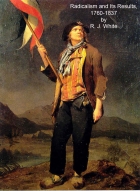
Radicalism and its Results, 1760-1837
ArticleClick to view -
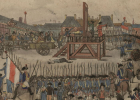
Robespierre: a reluctant terrorist?
ArticleClick to view -
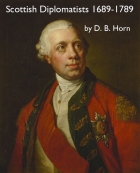
Scottish Diplomatists 1689-1789
ArticleClick to view -

Secular acts and sacred practices in the Italian Renaissance church interior
ArticleClick to view -
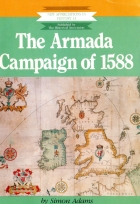
The Armada Campaign of 1588
ArticleClick to view -

The Duchy of Courland and a Baltic colonial venture across the ocean
ArticleClick to view -
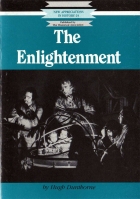
The Enlightenment
ArticleClick to view -
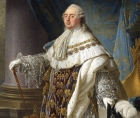
The Flight to Varennes
ArticleClick to view -
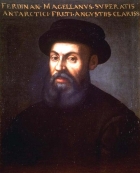
The Great Powers in the Pacific
ArticleClick to view -
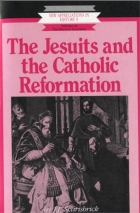
The Jesuits and the Catholic Reformation
ArticleClick to view -

The Last Duke of Lorraine
ArticleClick to view -
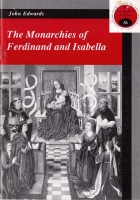
The Monarchies of Ferdinand and Isabella
ArticleClick to view -
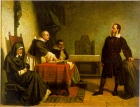
The New History of the Spanish Inquisition
ArticleClick to view -

The Spanish Armada of...1597?
ArticleClick to view -
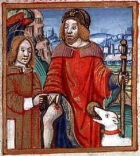
The Spanish Collection
ArticleClick to view -
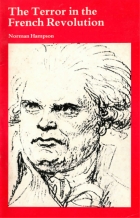
The Terror in the French Revolution
ArticleClick to view -
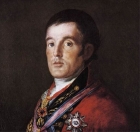
The Undergrowth of History
ArticleClick to view -

The role of Devon's militia during the Spanish Armada crisis
ArticleClick to view -
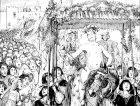
The throne and the fairy tellers
ArticleClick to view

